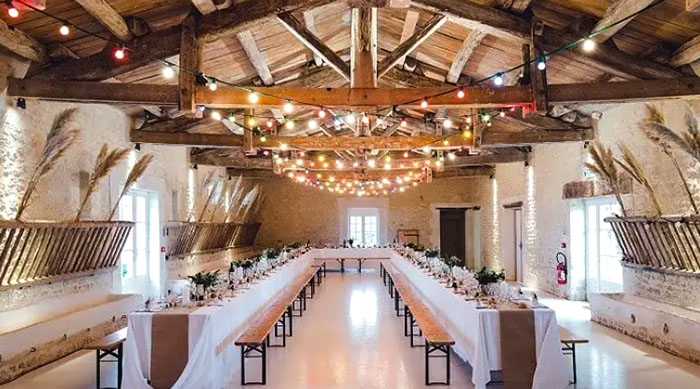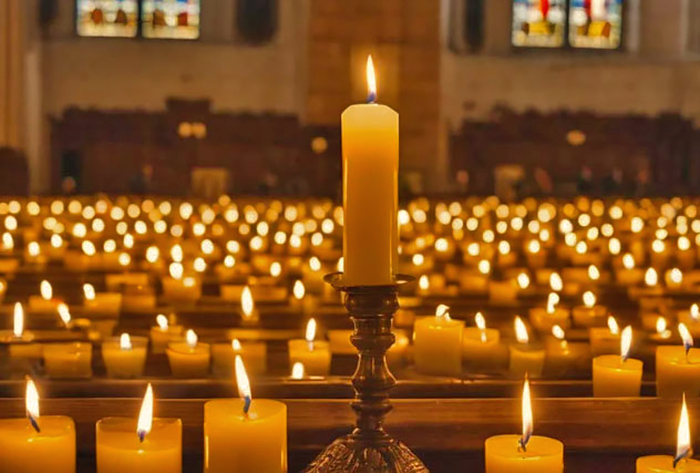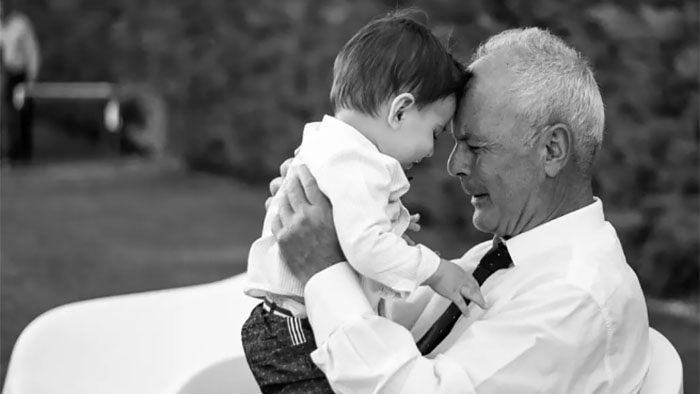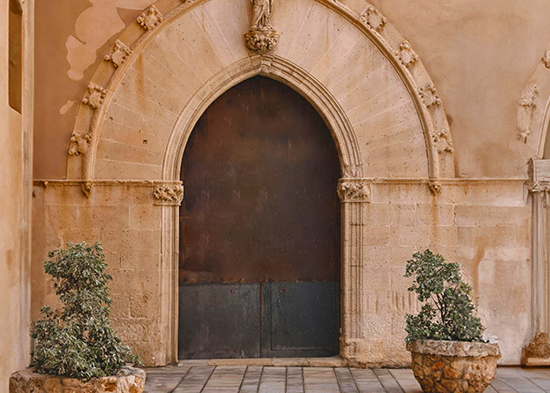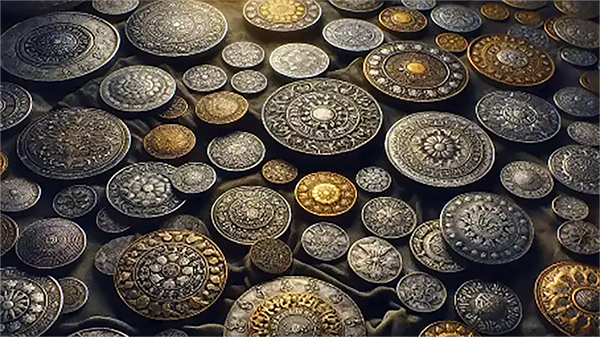
No one, be that an individual or an institution controls access to God. Jesus makes this abundantly clear. We see this, for example, in the story of Jesus cleansing the temple by overturning the money tables. The cleansing of the temple needs to be understood in this context: Jesus is replacing a former religious practice with the Christian way of doing things, and he is revealing something very important about God as he does this. To state it metaphorically: Jesus is replacing a former religious coinage with a new religious coinage. It’s important to recognize that those moneychangers performed a needed function. People came to Jerusalem from many different countries to worship at the temple. But they carried the coins of their own countries and, upon arriving at the temple, had to exchange their own currency for Jewish currency so as to be able to buy the animals (doves, sheep, cattle) they needed to offer sacrifice. The moneychangers fulfilled that function, like banking kiosks do today when you step off an airplane in a foreign country and you need to exchange some of your coinage for the coinage of that country. When Jesus says, “take all of this out of here and stop using my Father’s house as a market”, he is teaching something beyond the need to be honest and beyond the need to not be buying and selling on church property. More deeply, not turning the Father’s house into a market might be translated as: “You don’t need to exchange your own currency for any other currency when it comes to worshipping God. You can worship God in your own currency, with your own coinage. Nobody, no individual, no temple, no church, no institution, ultimately sits between you and God and can say: ‘You need to go through us’!” All religious coinage had to be transferred into their particular coinage, since in their belief, they controlled access to God. Jesus tries to cleanse us of any attitude or practice that would enshrine that belief. [Excerpt from Ron Rolheiser’s “Religious Coinage.”]



